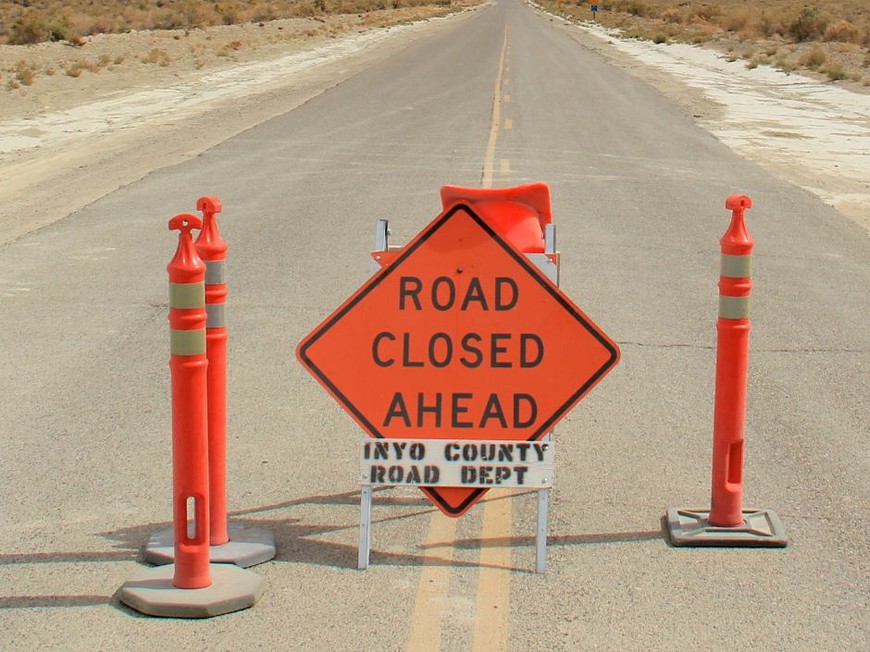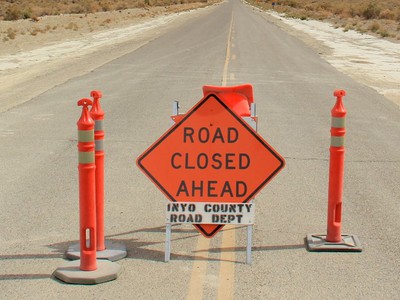

The outlook for online poker in the US is anything but rosy. After an encouraging start with Nevada, New Jersey and Delaware regulating internet poker, no other states have been able to pass legislation that would allow operators to offer the game within their state.
One man, billionaire casino mogul Sheldon Adelson, has vowed to “spend whatever it takes” to stop online gambling including online poker, and spend he has. Adelson donated nearly $100 million to political causes in the last presidential election year, and he has funded the Coalition to Stop Internet Gambling (CGIG).
He has also backed the Restoration of America’s Wire Act, a bill introduced in 2014 and again in 2015 which seeks to strengthen the restrictions of the 1961 Wire Act to include activities other than sports wagering. RAWA would also roll back laws on the books in states that already allow online poker.
New Jersey Governor Chris Christie has even been accused of blocking PokerStars’ entry into the state regulated market on the behalf of Adelson. And while we cannot attribute the failure of several online poker bills around the country directly to Adelson, it is not that far of a stretch to speculate that his support has seeped down to the state lawmaking level.
But, given all his spending and efforts, it is quite possible that Sheldon Adelson is not the biggest roadblock for online poker in the US.
The politically powerful Pechanga Band of Luiseño Indians along with a handful of other tribes stand staunchly opposed to proposed legislation that would bring online poker to the state of California—an online poker market that on its own would be considered one of the largest in the world. And, if California were to share its player pool with other states, as Nevada and Delaware have agreed to do, one could argue that California is by far the most strategic cog in the future of online poker in the US.
California’s poker playing community is so large that it could entice other states—that may otherwise struggle on their own to maintain a viable player base—to become partners. We have seen combined efforts for lottery games such as Powerball where 44 states have banded together to increase lottery participation by offering larger and more attractive prize pools.
Now to be fair, Pechanga and its allies are supporting a bill to legalize online poker in California, but considering the unrealistic nature of the bill they support, one could argue that it is really not support for online poker at all, and that is merely a facade. After all, the bill would exclude participation in the online poker industry by the state’s racetracks—a deal-killer in the eyes of Governor Jerry Brown who has stated that any online poker bill must include the racetracks.
In addition, the coalition led by Pechanga has made little progress in the way of developing online poker software, or partnering with companies that could provide the platform needed to enter into the online poker market—indicating that there may be more to their intentions than they are letting on.
So as it stands, the Pechanga Band of Luiseño Indians, along with a small coalition of other tribes, hold enough power in California to block online poker legislation from passing, and in doing so they just might be doing more damage to online poker in the US than billionaire Sheldon Adelson.

